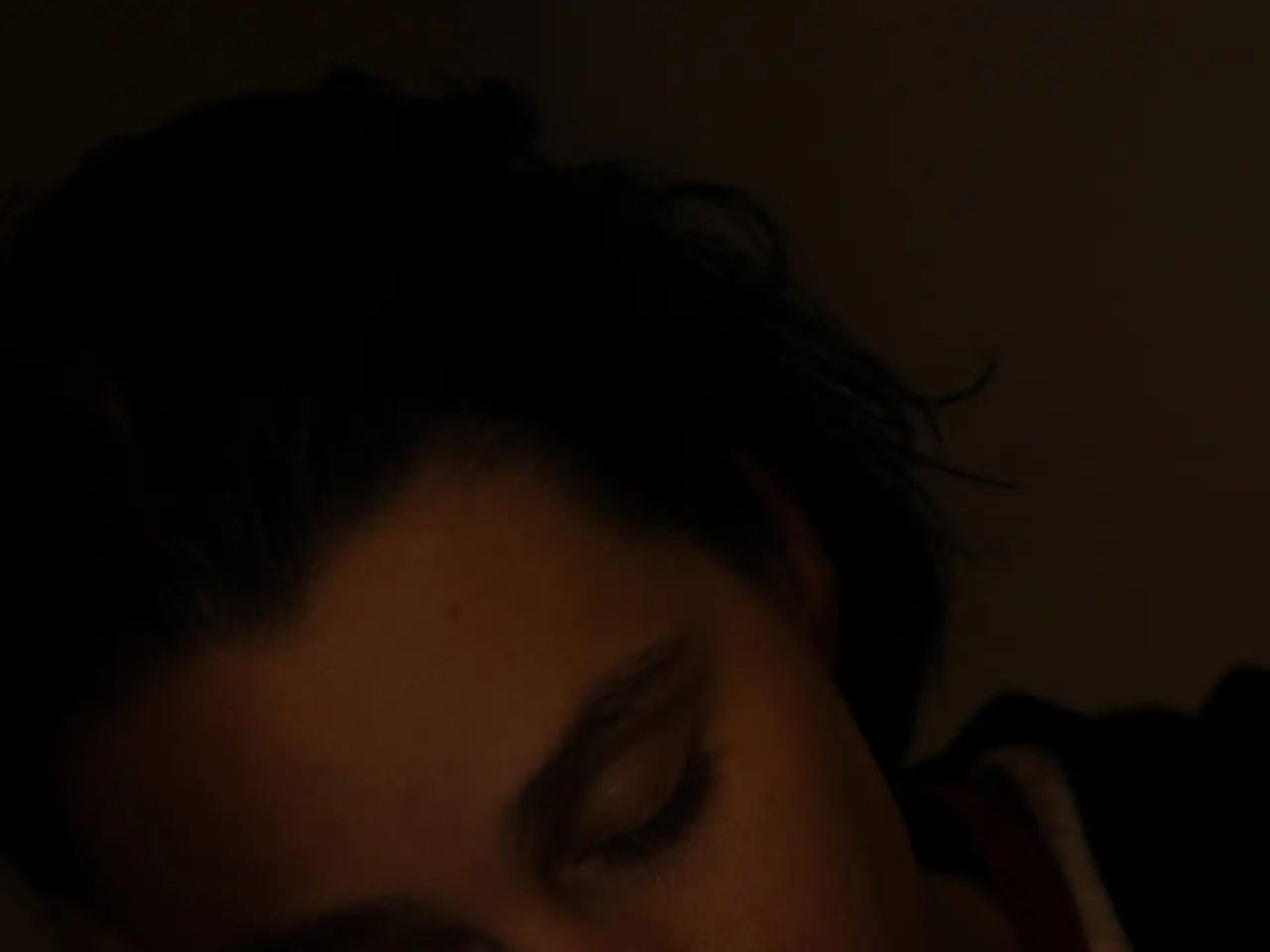A new study reveals that a single night of inadequate sleep can potentially impair your immune system.
In a groundbreaking study, researchers have uncovered the significant negative effects of occasional sleep disruption on the immune system. The study, conducted on 237 healthy adults with varying body mass indices (BMIs), used a detailed genetic analysis technique called single-cell RNA sequencing to study how individual immune cells behaved after a night of sleep deprivation compared to a normal night's sleep [1].
The findings were striking. After one night without sleep, participants displayed significant changes in immune cell activity. The immune system reacted to sleep loss as if it was under threat. Monocytes and T cells became more active, and the immune response in the second part of the study looked "revved up" without any actual illness present [2]. This overactivation can lead to chronic inflammation or make it harder for the body to respond appropriately to real threats.
The altered behaviour of immune cells after sleep loss may make the body more vulnerable to illness. Occasional sleep disruption can weaken the immune system by reducing the production of infection-fighting white blood cells and antibodies that protect against viruses and bacteria. This leads to increased susceptibility to infections like the common cold and slower wound healing, even if the sleep disruption is not chronic [1][2].
While occasional episodes of poor sleep do not cause the more severe complications seen in chronic sleep deprivation, repeated or extended sleep disruption still compromises immune defenses and increases the risk for infections and slower recovery [2][3].
The study found that a single night of sleep deprivation can disrupt the behaviour of several types of immune cells in healthy young adults. Dr. Fatema Al-Rashed, a researcher involved in the study, stated that advancements in technology, prolonged screen time, and shifting societal norms are increasingly disruptive to regular sleeping hours, with profound implications for immune health and overall well-being.
The researchers envision workplace reforms and educational campaigns promoting better sleep practices, particularly for populations at risk of sleep disruption. Dr. Al-Rashed stated that the goal is for this research to drive policies and strategies that recognise the critical role of sleep in public health.
The results from the first part of the study showed that participants with obesity had poorer sleep and higher chronic low-grade inflammation. Obesity was associated with higher levels of immune cells. All participants wore accelerometers that tracked their sleep patterns, physical activity, and diets. Blood samples were taken in the morning at both sessions to analyse immune activity.
The researchers noted that more studies are needed to understand the long-term effects of sleep loss on the immune system. However, the findings suggest that even occasional sleep disruption can have significant negative impacts on immune function, increasing infection risk and impairing the body’s ability to heal and defend itself.
- The study indicates that occasional sleep disruption may increase an individual's susceptibility to mental health issues, as poor sleep can lead to reduced immune system functioning, which is essential for maintaining overall health and wellness, especially in relation to mental health.
- In light of the findings linking sleep disruption with immune-related medical conditions, it is crucial for public health policies to prioritize sleep hygiene education and workplace reforms, as these steps may help lower the risk of infections and foster better health-and-wellness outcomes for those susceptible to poor sleep.





